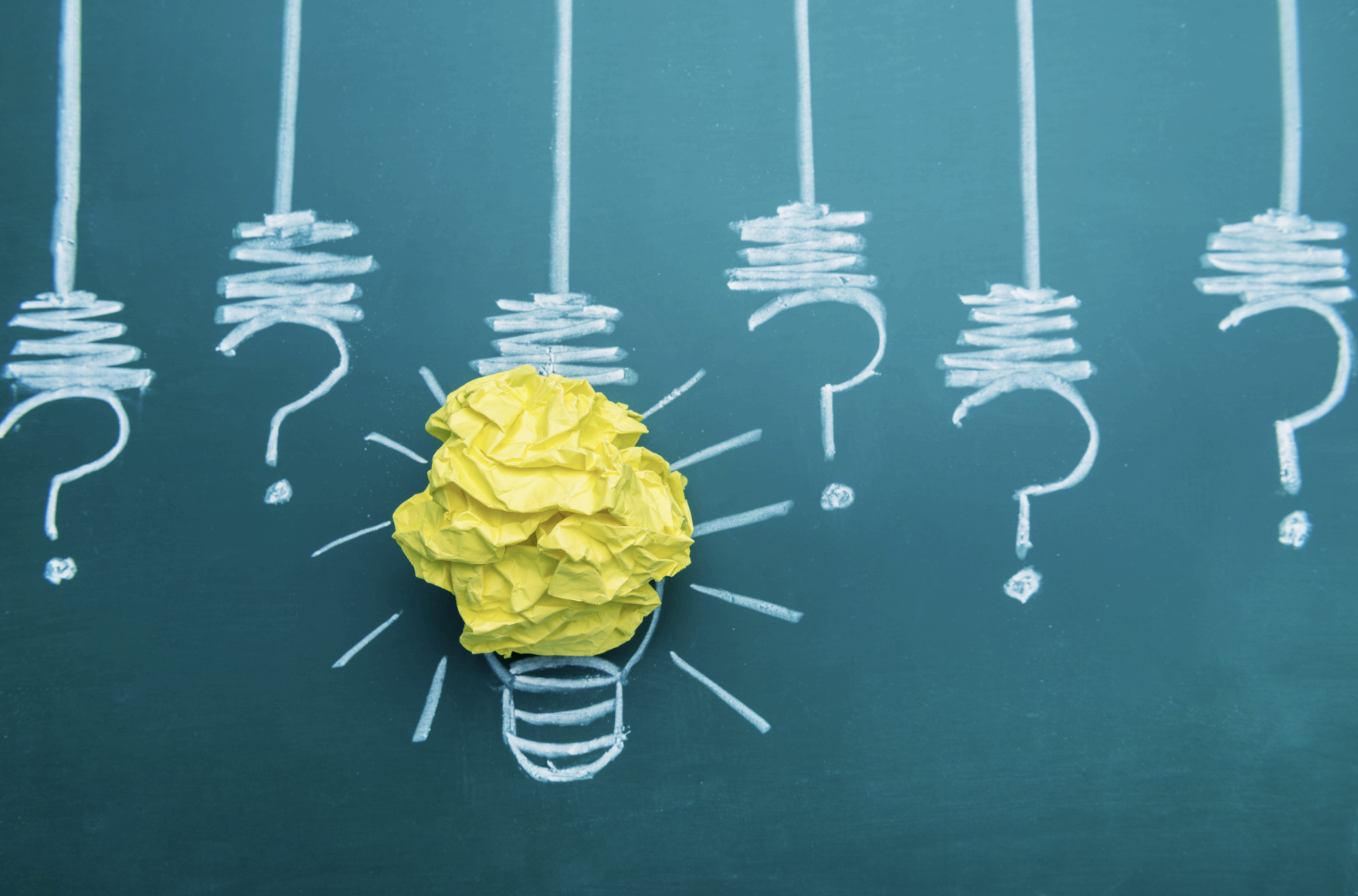
Dynamic Professional Learning
Spark fresh ideas. Build momentum. Transform teaching and learning.
Professional learning, designed the way we want students to learn.
Rooted in UDL and built for collaboration, Spark Strategy Labs model inclusive, purposeful learning so faculty experience what great UDL design feels like as they create meaningful outcomes together.
What We Do
Amplify Strengths, Fuel Growth
At the heart of every Spark experience is our Strategy Lab format: dynamic, hands-on sessions where educators engage deeply with real challenges, generate fresh ideas, and design solutions they can apply right away
Measure Impact, Sustain Momentum
Through facilitation that’s grounded in UDL and modeled on best instructional design, we help teams build on what’s already working while refining systems, shifting practice, and expanding what’s possible
Reimagine Possibilities, Ignite Change
We don’t stop at inspiration. Our Labs are designed to spark lasting change, with personalized follow-up that helps schools turn momentum into meaningful, long-term impact
“The strategies were clear, the facilitation was skillful, and the impact was immediate."
K-8 Instructaion Coach feedback
“Karen and Malia are rockstars! I have seen multiple presentations on UDL, and theirs was the best — thoughtful, inspiring, and well-designed.”
Learning Specialist feedback
“Spark modeled best practices and I left with ideas I used the next day."
Upper School Teacher feedback
“This was professional development and culture-building. We aligned, motivated, and talking about what’s next."
Edcational Leadership feedback
Reading
Tools Spotlight




























Have you tried using AI in the classroom yet? Instead of overhauling the curriculum, sometimes it’s easier to experiment and see what works.